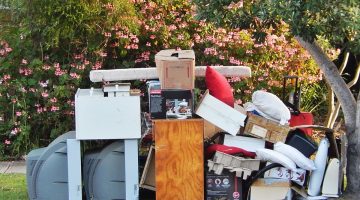Commercial insurance protects a commercial firm and its premises against theft, fire, and natural calamities. Commercial insurance is typically chosen by manufacturing units, retail fashion companies, service-oriented firms, non-profit organizations, and shops, among others. When applying for a commercial loan, business owners must assess the worth of their assets, including the building. Before heading to the agent for the evaluation or insurance talk, the firm must have an inventory of the assets accessible. This data assists in determining the precise replacement cost and the amount of coverage required by the firm with san antonio commercial insurance.
- Location – The insurance premiums may also be located in mountainous locations or geographies with a high risk of climatic disasters are normally higher. Because weather varies by location, insurance policies are tailored appropriately. Structures in cities with effective fire protection systems are often less expensive than buildings outside of cities with weak fire protection services.
- Occupancy– Buildings designed using flammable materials often attract a higher premium (annual payment to insurance) than buildings constructed with fire-resistant or insulating materials. Building fire ratings are reduced when additions and renovations are made to the existing structure. Before making any changes to the building structure, it is best to consult with an insurance broker or firm.

- Interiors that are fire-resistant aid in keeping a good fire rating. The usage of a building and the type of tenants has an impact on its fire rating. A business office will score higher than a restaurant or an auto repair company. A building with a hazardous inhabitant can negatively affect the rating as well as the safety of the structure. It is better to get a san antonio commercial insurance to maintain the process you are doing.
- Security and fire protection – How quickly does the security response system respond? Is there a local fire extinguishing station? Is there a security response method that is automated? All of these considerations are critical when determining the insurance cost and scope of coverage.
When you manage a business and have premises to hold your goods, you are expected to safeguard it by all means. It houses all of the heavy gear, unsold inventory, computers, peripherals, and backup supplies. Any disruption on the premises, such as a minor or big fire, earthquake, or short-circuit, might have disastrous consequences for the business’s survival. Commercial insurance is normally more expensive than conventional insurance, but you may obtain it.











